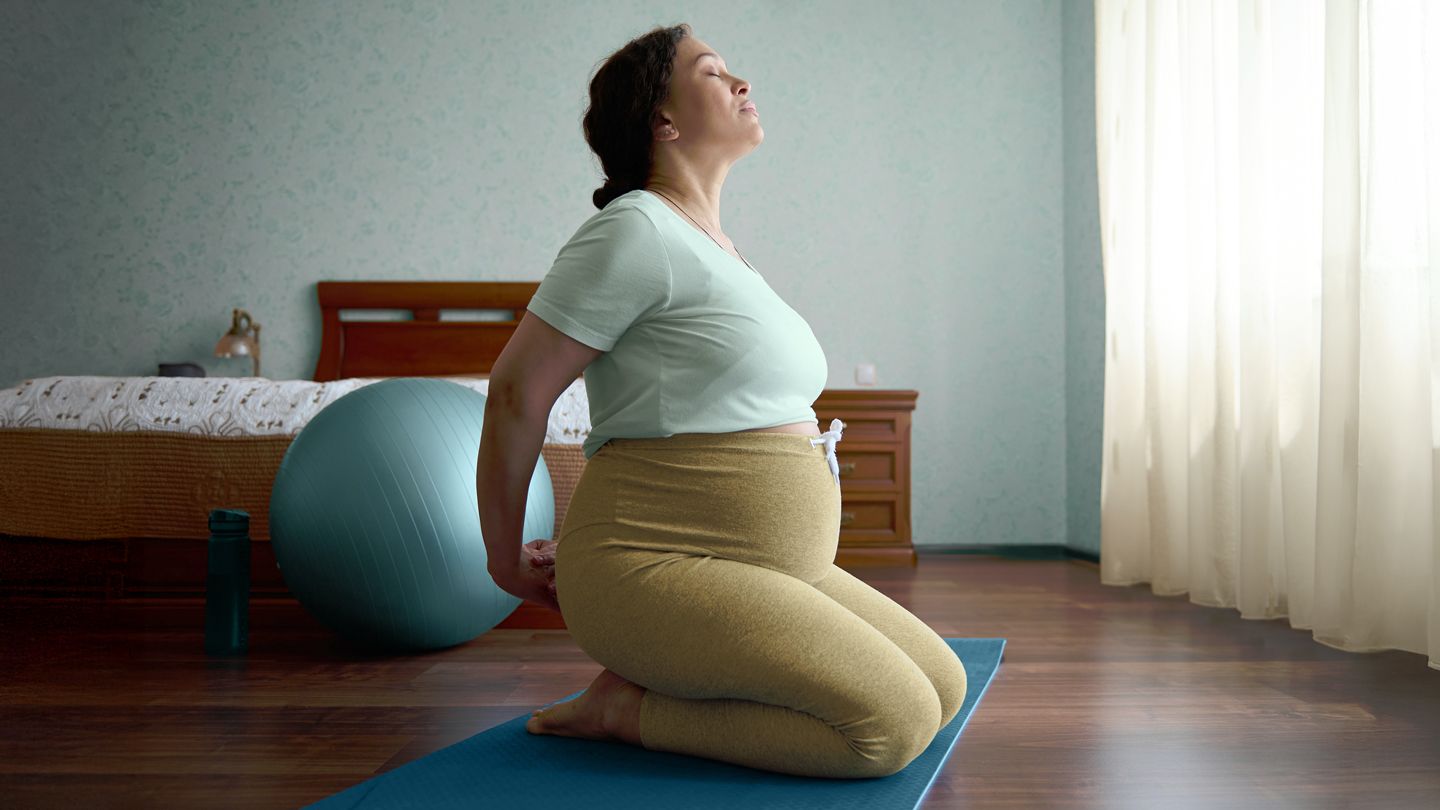Treating Nr-axSpA During Pregnancy
People who have nr-axSpA have a higher risk of pregnancy complications, according to Eric Ruderman, MD, a rheumatologist and professor of medicine at the Northwestern University Feinberg School of Medicine in Chicago.
Dr. Ruderman says that it’s unlikely your doctor will recommend changing or reducing the dose of your nr-axSpA medications during pregnancy, at least initially.
You should always check with your healthcare team about what medication is best for your specific condition.
For most women with nr-axSpA, the main drug treatment before, during, and after pregnancy is a biologic, says Ruderman.
It’s important to continue taking a biologic as needed during pregnancy so that you can avoid steroids whenever possible, says Ruderman. “If you stop the biologic and end up having to take prednisone, it’s a step backward,” he says. Steroids raise the risk of gestational diabetes, preeclampsia, and other pregnancy-related problems.
Nonsteroidal anti-inflammatory drugs (NSAIDs) are another class of drugs sometimes prescribed for nr-axSpA. These may be problematic at certain stages of pregnancy, says Ruderman. “There is some concern about developmental issues in the baby with the use of NSAIDs in the first trimester, so a lot of obstetricians recommend against it when trying to get pregnant and in the first 8 to 12 weeks,” he says.
NSAIDs may also cause changes in your developing baby’s circulation around the time of delivery, says Ruderman, so you should avoid taking them during the final two weeks or so of pregnancy.
How Pregnancy Can Affect Nr-axSpA Symptoms
How pregnancy impacts nr-axSpA disease activity can vary from one person to another, according to Ruderman.
“I’ve had some patients who are better during pregnancy, and some who aren’t,” says Ruderman.
Also consider that in some cases, back pain may have nothing to do with nr-axSpA. Given that back pain is generally common during pregnancy, says Ruderman, you may experience new pain in that area during your pregnancy that isn’t related to the disease. “It’s a different kind of pain,” Ruderman emphasizes. “I’ve had women tell me, ‘This is not my spondylitis pain. This is mechanical back pain from carrying a baby.’”
Read the full article here




